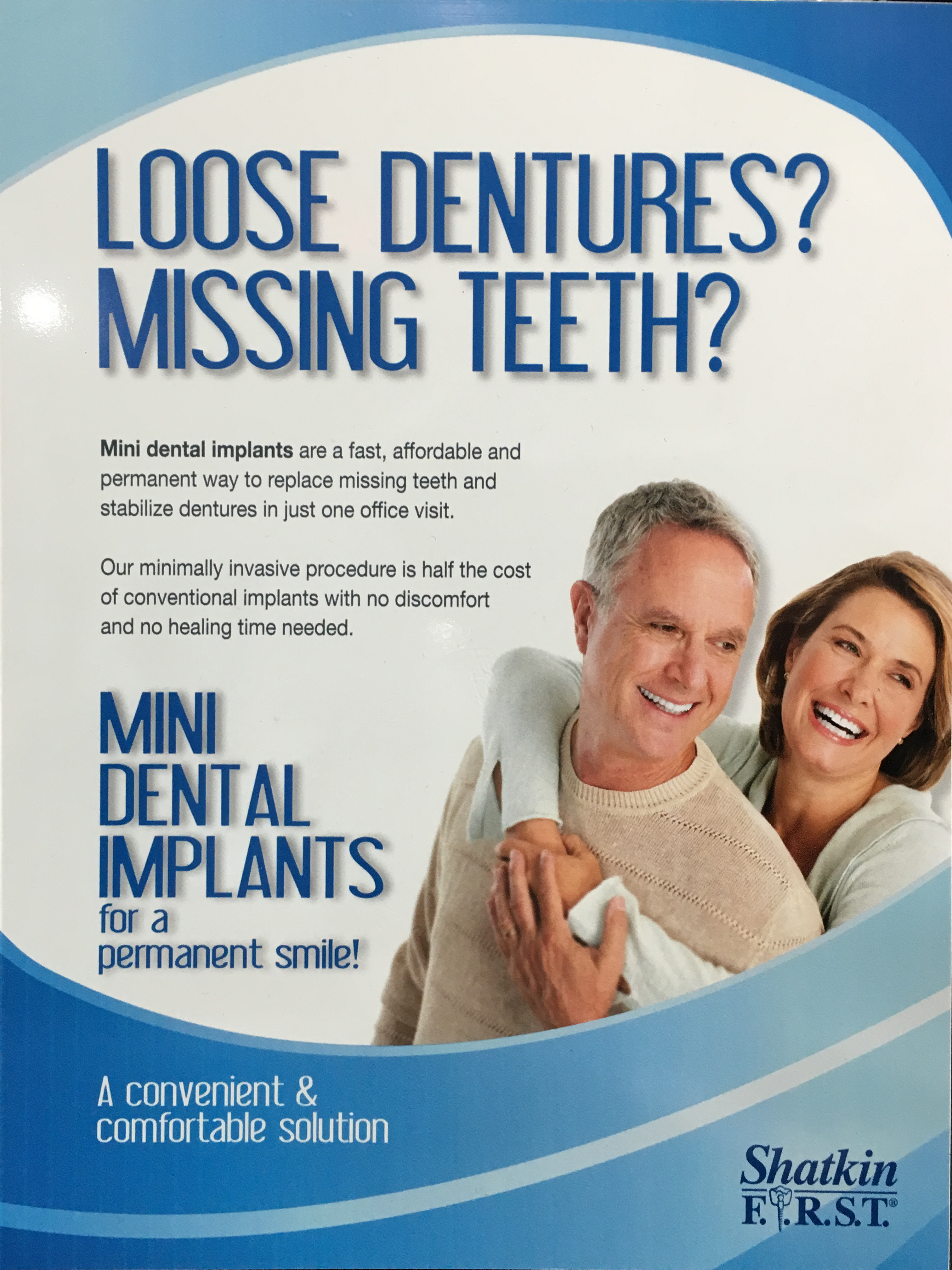Oral surgery can be instrumental in addressing a variety of oral health concerns, from extracting impacted teeth to supplementing bone tissue in areas of defects to diagnosing oral cancer. Patients may not have previous experience with oral surgery, so we will work closely with you during the treatment planning process to make sure that you understand the anticipated procedure and know how to prepare for your surgery and take care of the surgical site afterward. Most oral surgery procedures can be performed right in our office using our state-of-the-art equipment, with minimal disruption to patients’ routines.
Oral Surgery Procedures
Oral surgery procedures performed in our office include tooth extractions, soft tissue biopsies, and bone and ridge augmentation. These procedures have different benefits for patients. For example, removal of an impacted tooth, such as a wisdom tooth, can prevent a number of potential consequences, including infections, abscesses, discomfort and damage to surrounding teeth, among other issues. Soft tissue biopsies are used to determine pathological processes in lesions, such as sores that do not heal or white patches in the mouth. Soft tissue biopsies are used to determine whether such lesions are benign or malignant, and can actually help to save a patient’s life, as the outlook for oral cancer patients is much better when the cancer is diagnosed in a localized stage.
Some patients have defects in their bone, either from abnormal development or due to bone loss following tooth loss. These patients may benefit from bone and ridge augmentation to normalize the appearance of their facial structures and improve the function of the smile. Bone augmentation can also help to make the patient a good candidate for dental implant placement.



